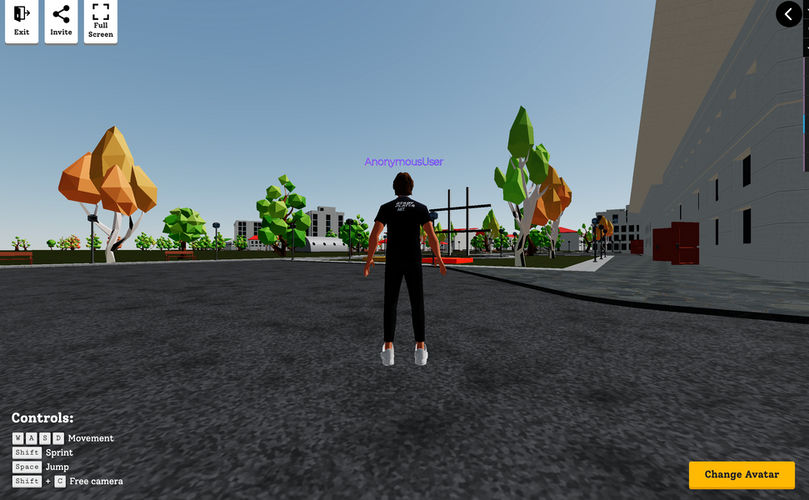The Power & Potential of Immersive Technology in Education
By Dhananjai
Technology has transformed the way we learn and interact with the world around us. In recent years, the rise of immersive technologies such as virtual reality (VR), augmented reality (AR), and mixed reality (MR) has provided new opportunities for students to learn in more engaging and interactive ways.
Additionally, the concept of the metaverse has emerged as a potential new frontier for education. Through this post, we'll explore how immersive technology supports education and the future of the metaverse in education.
Immersive Technology and Education Immersive technology refers to computer-generated environments that simulate a real-world experience. This technology has the potential to transform education by creating engaging and interactive learning environments. For example, VR can provide students with a virtual laboratory, where they can conduct experiments without the risks associated with real-life labs. AR can overlay digital content onto the real world, providing a more interactive and engaging experience for students. MR can combine elements of both VR and AR, creating interactive experiences that allow students to manipulate virtual objects in the real world.
Advantages of Immersive Technology in Education The advantages of immersive technology in education are numerous. One of the most significant advantages is that it creates a more engaging and interactive learning environment. When students are immersed in a virtual world, they are more likely to be interested and engaged in the subject matter. Additionally, immersive technology can provide opportunities for students to learn through trial and error without the risks associated with real-life scenarios. This can be particularly useful in subjects such as medicine, where students can practice procedures in a virtual environment before performing them on real patients.
The Future of the Metaverse in Education
The concept of the metaverse, a virtual shared space where users can interact with a computer-generated environment and with each other, has been gaining traction in recent years. The metaverse has the potential to revolutionize education by providing a new type of learning environment that is not bound by physical constraints. In the metaverse, students could attend virtual lectures, collaborate on projects, and participate in simulations with students from all over the world. This would provide students with a more diverse and inclusive learning experience.
Ultimate World's platform will provide students with a virtual world where they can attend lectures, collaborate on projects, and participate in simulations with students from all over the world. The platform will also include tools for educators to create and share their own content, allowing for a more personalized and dynamic learning experience.
We believe that the metaverse has the potential to transform the way we learn and interact with the world around us. With the ability to create and share content in real-time, students and educators can collaborate and innovate in new ways. Additionally, the metaverse offers a more inclusive learning experience, allowing students from all over the world to participate in the same educational opportunities.
The use of immersive technology and the metaverse in education has the potential to transform the way we learn and interact with the world around us.
Ultimate World is at the forefront of this innovation, working to create a metaverse platform that will provide students with an immersive, interactive, and engaging learning experience. While there are certainly challenges to consider, the benefits of immersive technology and the metaverse make them worth exploring further.
As we continue to develop and refine these technologies, we may find that they become an essential part of the education experience in the future.